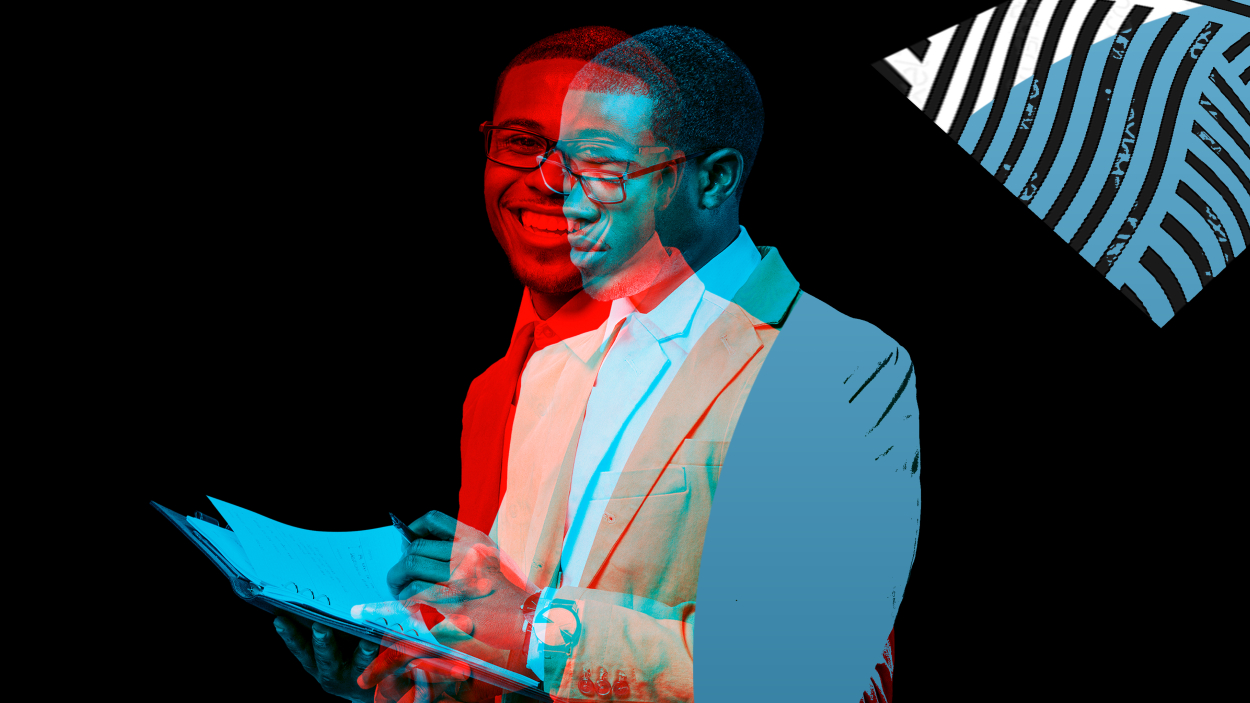COMMENTARY: Will AI Make African Journalists Lazy or Just Better Equipped?

Will AI Make African Journalists Lazy or Just Better Equipped?
Across Africa’s media landscape, a new debate is emerging about the future of journalism. Is the rise of artificial intelligence (AI) likely to make African journalists lazy or better prepared for their work? The question is not without merit. AI tools, such as ChatGPT, Grammarly, and Quillbot, are now integral to journalistic routines, automating tasks that were once the domain of junior reporters and copy editors. AI can summarise press conferences, translate interviews, correct grammar, and even generate drafts within seconds. One Ugandan social media journalist notes, “that efficiency feels suspiciously close to complacency.”
But dismissing African journalists as “lazy” for adopting AI overlooks a deeper truth. AI isn't replacing effort, but redirecting it. Hard numbers indicate that African journalists are rapidly adopting AI.
- A 2024 survey by Thomson Reuters of journalists in developing economies found that 81.7% regularly use AI tools, with almost half using them daily.
- In Zambia, a 2023 study of 70 media professionals showed that 60% of journalists already utilise AI, and 18% specifically use ChatGPT or similar conversational tools.
- In Tanzania, a 2024 national survey of 209 journalists revealed that 48% had used AI, primarily for transcription, translation, and summarisation.
- In Kenya and Uganda, while adoption remains “a work in progress”, some leading media organisations like the Aga Khan-owned Nation Media Group (and its Ugandan Daily Monitor) have already hosted AI hackathons, signalling organisational intent even if formal policies are still limited.
So is it efficiency or laziness?
Yes, AI can do a lot, sometimes even too much. There is a risk of intellectual dependence, where reporters rely on algorithms to “do the Googling” instead of uncovering context. Global trends support this. According to research, news sites worldwide are experiencing traffic drops of 15–30% as audiences increasingly turn to chatbots for answers rather than relying on original reporting.
This is not a minor risk. Over-reliance on AI could weaken African storytelling, as journalists unknowingly reflect Western-dominated training data instead of capturing local nuances. However, dismissing AI as a source of laziness ignores its essential role as a lifeline in underfunded, overstretched newsrooms.
Today’s reporters are more independent and rarely depend on editors to refine their copy. Grammarly is not a shortcut; it’s the only “mentor” they may ever have. For freelance journalists and text bloggers earning less than a paltry $200 a month, ChatGPT isn’t an indulgence; it’s essential for survival.
And here is the real barrier: Affordability.
ChatGPT’s premium plan costs £20/month, pocket change in more developed economies, but nearly 10% of a freelancer’s income in Uganda. Add the requirement for stable broadband, and AI becomes a privilege of the few, widening a digital divide in already underdeveloped media ecosystems.
African journalists are not rejecting AI out of principle. They are too poorly paid to afford it. Another question arises. Who needs editors when Grammarly corrects copy in real-time? Traditional newsroom structures with layers of sub-editors, fact-checkers, and legal reviewers are already thinning. AI could speed up this trend, raising uncomfortable questions about journalistic standards, copyright, and accountability.
At the same time, media houses face a structural threat. AI tools feed on their reporting but often fail to send traffic or credit back. If African newsrooms continue to train global AI systems without compensation, they risk building tools that will slowly undermine their own survival.
Beyond laziness: Building AI that works for Africa
So, is AI making African journalists lazy? Probably not! If anything, it is exposing the cracks in training, resources, and compensation. It enables efficiency, but also necessitates difficult conversations about ownership, originality, and access.
The way forward is not resisting AI but shaping it to suit Africa’s realities. Some of these initiatives include integrating AI literacy into journalism schools and providing subsidised access for African newsrooms. At the very least, invest in local AI tools grounded in African languages and narratives. Without affordable access, fair pay, and ethical safeguards, AI risks widening divisions instead of bridging them.
The writer is a PR practitioner based in Rwanda and a publisher with Business Insights Africa. He can be reached at keziomusoke@inspire.co.rw


